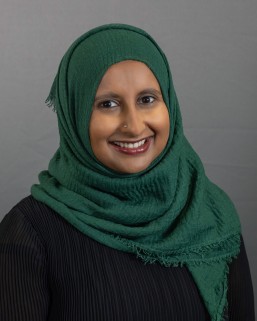Advocacy Groups Issue Call for Nationwide Moratorium on Fees and Fines Imposed on Youth and Families in Juvenile System Amid COVID-19 Crisis
Organizations cite the heightened damage caused by harmful fees in the midst of public health and economic crisis
National (April 3, 2020) – Today, more than 100 organizations across the country and political spectrum issued a statement calling on state and local decision-makers nationwide to suspend the harmful practice of imposing fees and fines on youth in the juvenile system and their families in the midst of the COVID-19 pandemic.
Juvenile fees and fines are monetary charges that courts and agencies impose on youth in the juvenile system and their families. They can add up to thousands of dollars, forcing families to choose between paying for necessities like food, rent, and utilities and paying the juvenile bills.
“We have talked to numerous young people and their families from across the country about the serious financial harms they experience when assessed juvenile fees and fines,” said Nadia Mozaffar, staff attorney at Juvenile Law Center. “While such costs always hurt families, during the current crisis they are exponentially more harmful and our law and policy makers must act quickly to suspend them.”
The movement to end juvenile fees and fines has gained momentum in the past several years, with many state and local jurisdictions ending the practice. However, the continued imposition of such sanctions in most states in the midst of a national public health and economic crisis will harm some of the most vulnerable families in the country who are already struggling to pay rent, keep the lights on, feed their children, and get medical care.
According to Devan Shea, Teaching Fellow at the Berkeley Law Policy Advocacy Clinic, “Research has consistently found that juvenile fees and fines are a regressive and racially discriminatory tax on low-income communities and communities of color, the very same communities who are being disproportionately devastated by the health and economic impacts of this pandemic.”
Added Juliene James, Director of Criminal Justice at Arnold Ventures, “In a demonstration of leadership and compassion, state and local governments are protecting their constituents from the economic challenges posed by COVID-19 by halting evictions, utility shut-offs, and foreclosures, suspending some criminal and traffic fees and fines, and diverting people from the criminal system. Now we are asking them: Do not forget about youth and their families, many of whom are struggling under the burden of juvenile fines and fees. In these unprecedented times, an immediate moratorium could make the difference between families' financial well-being and their breakdown.”
The statement calling for a moratorium is here: bit.ly/stop-juve-fees
The sign-on form for organizations is here: bit.ly/juve-fee-sign-on
Representatives from each organization are available for comment or interview.
Juvenile Law Center advocates for rights, dignity, equity and opportunity for youth in the child welfare and justice systems. For more information, visit www.JLC.org.
The Policy Advocacy Clinic conducts research and advocacy to address systemic racial, economic, and social injustice. For more information, visit https://www.law.berkeley.edu/experiential/clinics/policy-advocacy-clinic/.
Arnold Ventures is a philanthropy dedicated to tackling some of the most pressing problems in the United States. For more information, visit https://www.arnoldventures.org/.

